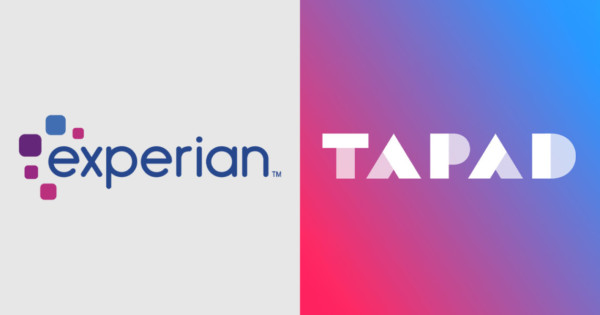
As 2020 draws to a close, a flurry of mergers and acquisitions are taking place. This week, credit referencing company Experian purchased Tapad, and location-based specialist Near acquired French outfit Teemo.
Both these transactions are indicative of one of the most fundamental tectonic shifts in the industry in recent years: privacy.
Experian has purchased Tapad from international telco Telenor in a deal valued at $280 million as the credit rating company furthers its investment in identity resolution services.
The deal comes just four years after the telco paid $360 million for Tapad with the $80 million markdown coming after a period that saw the ad-tech unit move away from its cross-device retargeting business. Essentially, Tapad operated as an ad network before the Telenor takeover; today, it has a different revenue model that involves licensing data.
Privacy disruption
Norway-based Telenor has offloaded Tapad at a time when several of the telcos that partook in the ad-tech gold rush of the last decade, such as AT&T and Verizon, are reportedly looking to divest of these assets.
Terence Kawaja, CEO of investment bank Luma Partners, helped broker the deal between Experian, Tapad and Telenor, and said the $80 million reduction in sale price between 2016 and now is indicative of how privacy legislation, such as the EU’s General Data Protection Regulation, has altered earlier business plans in the space.
“Sometimes M&A is thought of as a zero-sum game,” he said, noting how Tapad had effectively reduced its earlier ad-network revenue to zero since 2016, and rebuilt from there.
“Tapad was early to configure for GDPR and privacy compliance. They transformed the business from media to data, turned it around, and got it back to growth … Telenor decided that Tapad wasn’t core to their business anymore and they decided to rationalize their asset portfolio … this is a transaction that, I think it’s significant for its size, significant for the dynamics of the digital identity space.”
Future use case
Many telcos are turning away from their earlier ambitions of forging new revenue streams from the media business—many say the margins are simply too small compared to core telco business. Ratko Vidakovic, principal at consultancy service AdProfs, told Adweek this is driven by privacy concerns.
He said several cross-device services players, which used probabilistic calculations to retarget consumers with ads across devices, have sought exits in recent years such as The Trade Desk’s Adbrain purchase, and LinkedIn’s Drawbridge acquisition. “Overall, what’s made that space difficult is the loss of identifiers; companies like Tapad were very reliant on third-party cookies [soon to be retired as an ad-targeting tool] and IDFA [Apple’s equivalent for targeting on mobile apps],” added Vidakovic.
Experian did not detail its strategic rationale for its Tapad purchase, but the company and its peers in the credit-rating industry have made strategic investments in the space in recent years.
For instance, Experian has paired with InfoSum, a company that uses “data bunkers” to preserve user privacy (and one it recently invested in), to power Experian Match to help publishers reduce reliance on third-party cookies.
More deals
Meanwhile, Kawaja told Adweek to expect further deals in the ad-tech space by the close of 2020, although he declined to offer any further details.
Elsewhere, Near, a location-based services outfit headquartered in the U.S., this week purchased Teemo, a France-based peer that offers similar services to brands including Decathlon, Ford and Ikea in Europe.
https://www.adweek.com/digital/ad-tech-deals-are-flowing-again-as-experian-buys-tapad-for-280-million/

